Are you looking to craft the perfect endorsement letter to showcase someone's professional skills? Writing a compelling endorsement can really make a difference in someone's career journey. It's all about highlighting their strengths and contributions in a way that stands out to prospective employers. Join me as we explore the essential elements of an effective letter that can leave a lasting impression.

Clear and specific endorsement of skills
Professional skills endorsement letters serve to validate an individual's competencies and contributions in a work environment. A well-written endorsement highlights specific skills such as project management, technical proficiency in software like Microsoft Excel or Adobe Creative Suite, and effective communication abilities, demonstrated through successful presentations or collaborative team efforts. The letter should specify the duration of the acquaintance, detailing relevant projects or achievements to provide context. Including quantifiable metrics, such as the number of projects completed or percentage improvements in efficiency, enhances the endorsement's credibility and impact. Utilizing a formal tone and structured format helps convey professionalism, ensuring it resonates with potential employers or industry peers.
Relevant examples and achievements
Effective communication skills are essential in any professional setting, particularly in roles such as project management, sales, or customer service. For example, a project manager at a tech company successfully led a cross-functional team of 15 to deliver a software product, improving time-to-market by 30%. Another relevant achievement includes a sales representative who utilized exceptional negotiation skills to close deals worth over $2 million in a fiscal year, contributing to a 20% increase in annual revenue for the organization. In the realm of customer service, a team leader implemented a new training program that enhanced service quality, resulting in a 40% increase in customer satisfaction ratings, as measured by post-interaction surveys. These examples illustrate how effective communication and interpersonal skills can drive significant achievements and foster a collaborative work environment.
Formal and concise language
Professional skills endorsement is a crucial aspect of career development. A strong endorsement should highlight specific competencies, such as leadership abilities demonstrated during successful project management, effective communication skills proven through presentations at industry conferences, and technical expertise in software development showcased through successful implementation of complex systems. Including measurable outcomes, like increasing team productivity by 20% or contributing to a 15% revenue growth, adds credibility. Additionally, context, such as the organization's industry or the project's significance, enriches the endorsement, making it more impactful and relevant to potential employers or clients.
Personal connection and experience
The endorsement of professional skills often relies on personal connections and shared experiences. Collaborations with colleagues in dynamic work environments, such as startups in Silicon Valley or multinational corporations in New York, can provide valuable insights into an individual's capabilities. For instance, a project management experience involving a diverse team of specialists can highlight leadership and communication skills under tight deadlines. Additionally, interactions during industry conferences, such as the annual TechCrunch Disrupt or the Global Leadership Summit, can showcase networking abilities and knowledge application in real-world scenarios. Mentoring relationships formed in educational settings, such as graduate programs at MIT or Stanford, can further illustrate personal growth and professional development, demonstrating a commitment to lifelong learning.
Contact information for further communication
Contact information plays a vital role in professional communication, facilitating further correspondence between parties. This information typically includes elements such as the full name of the individual or organization, the business title, and the company name (including relevant sectors like technology or healthcare). Additionally, a professional email address ensures direct communication, while the telephone number, including area code for international reachability, allows for immediate engagement. Providing a physical address, including city, state, and zip code, may also be beneficial for formal correspondence or legal documentation. Social media handles or professional networking profiles, such as LinkedIn, can further enhance visibility and connectivity within the professional realm.

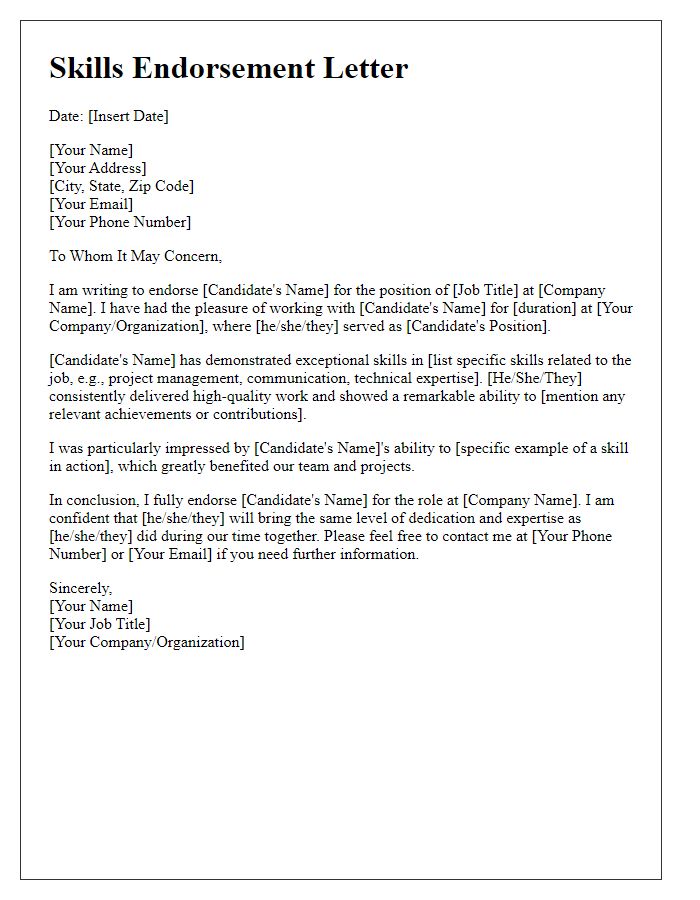
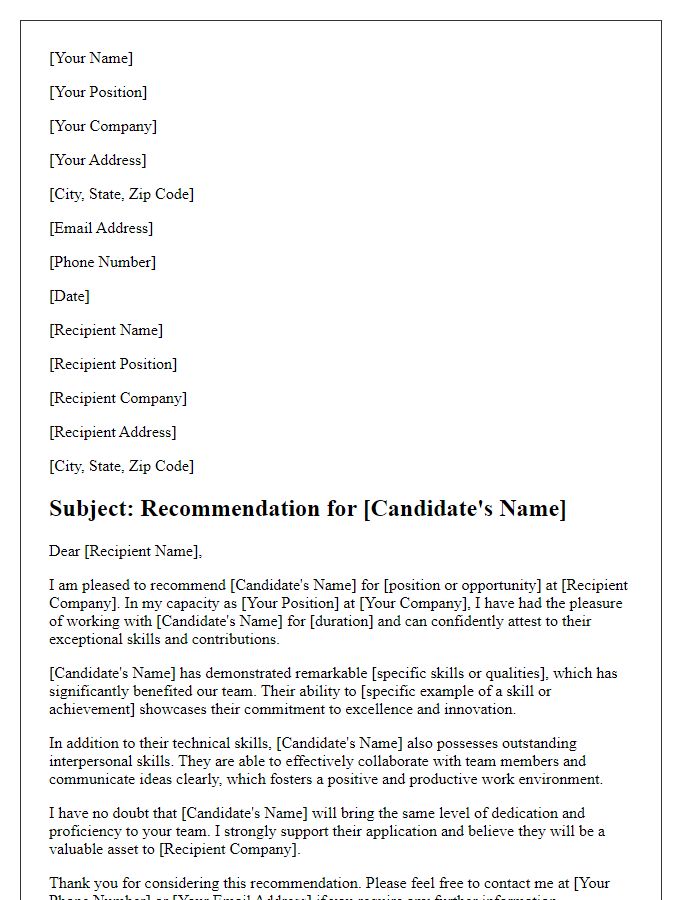
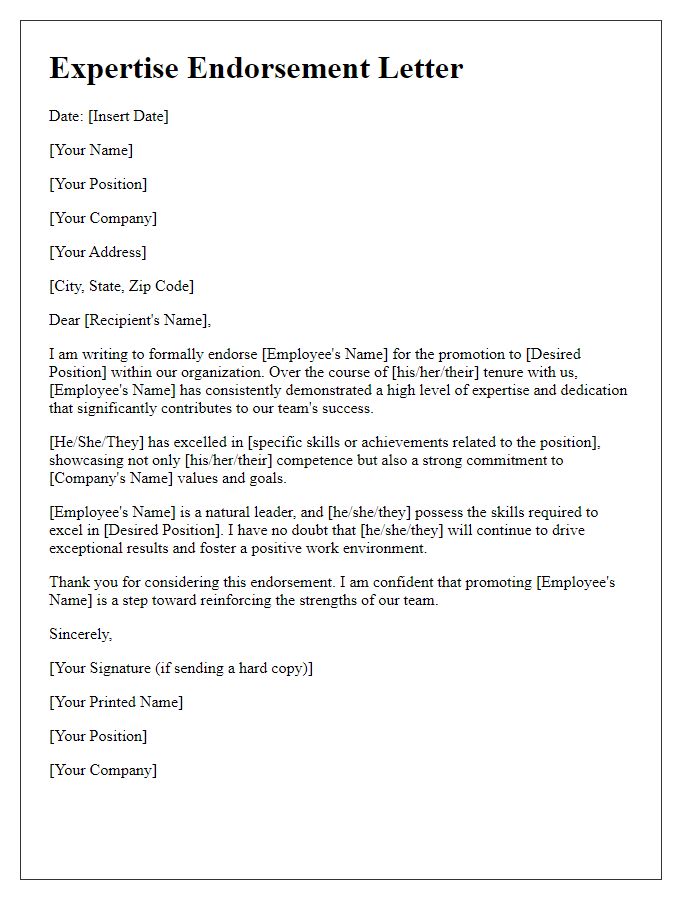
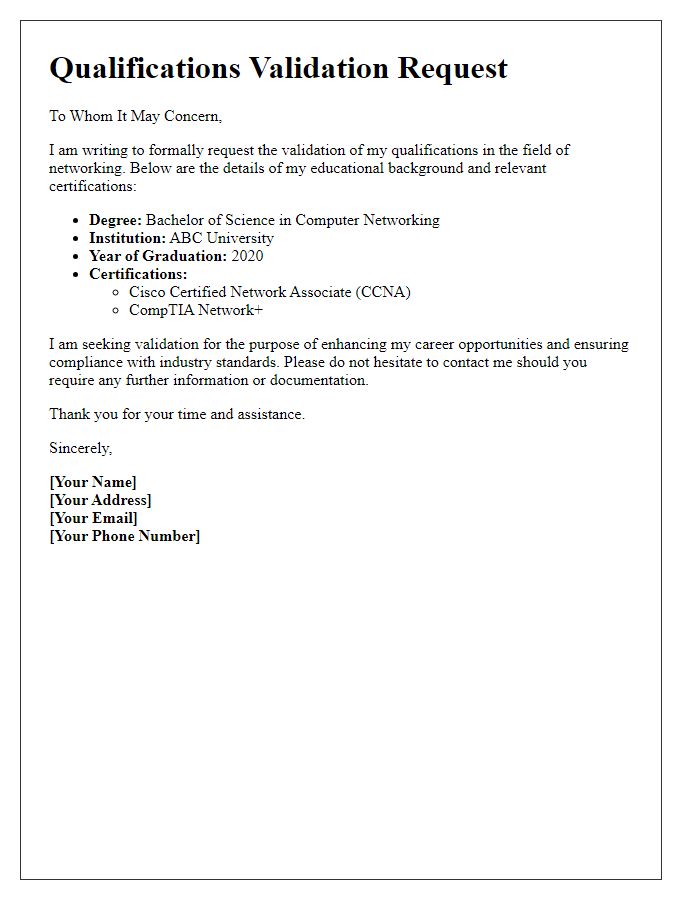
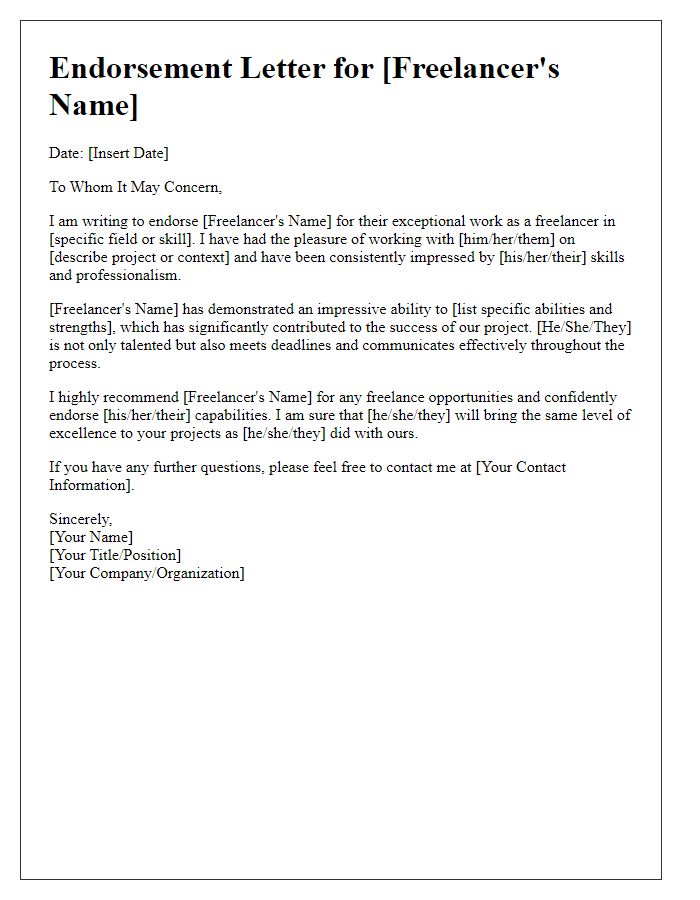
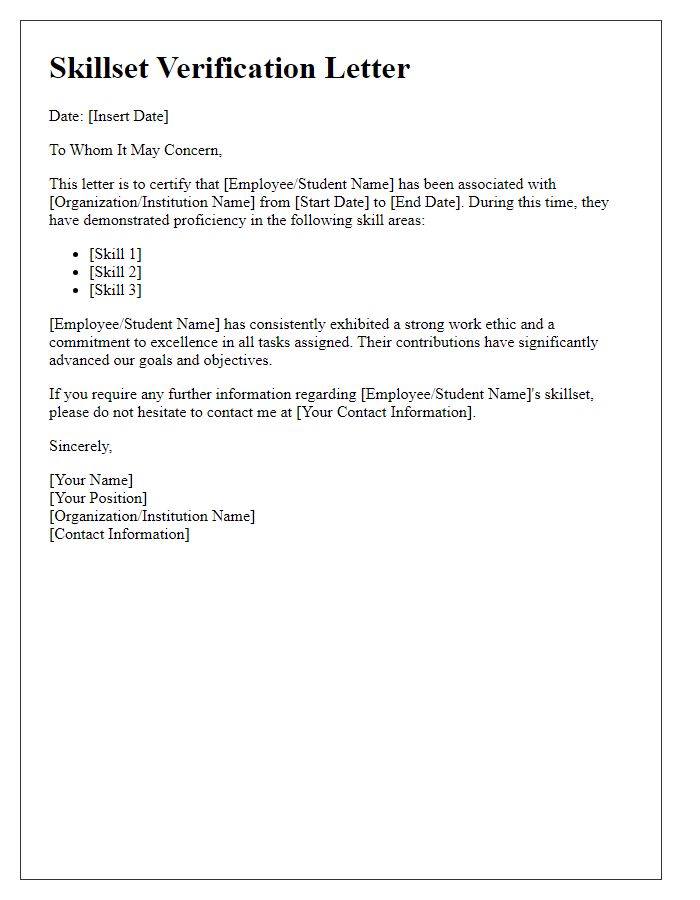
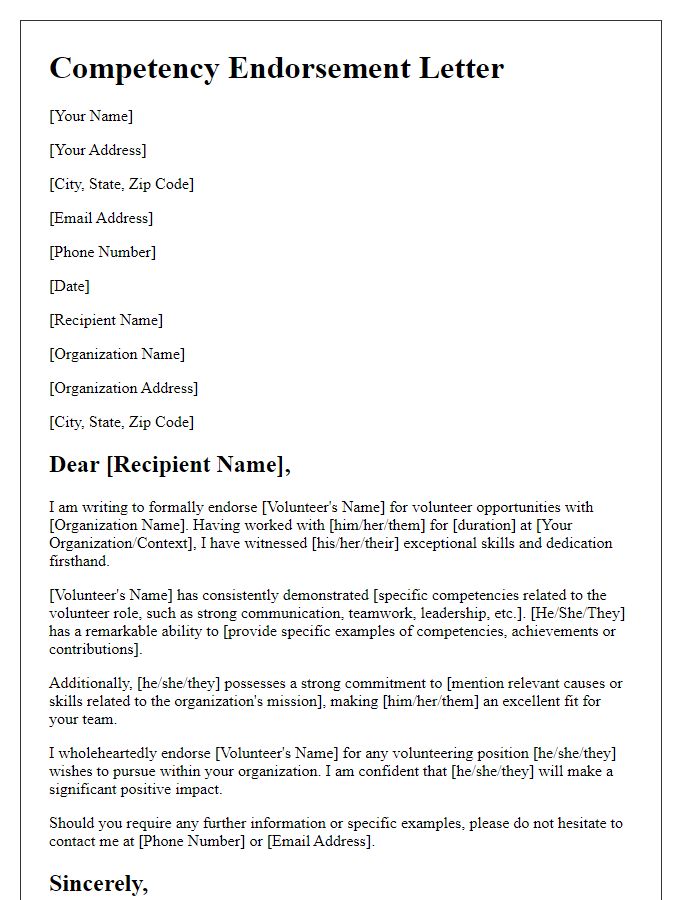
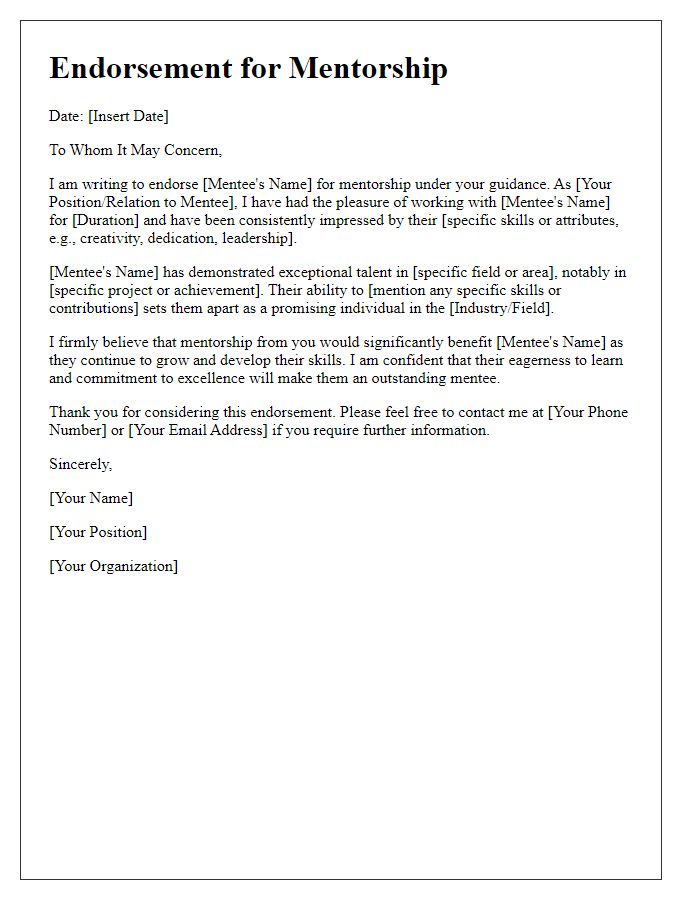
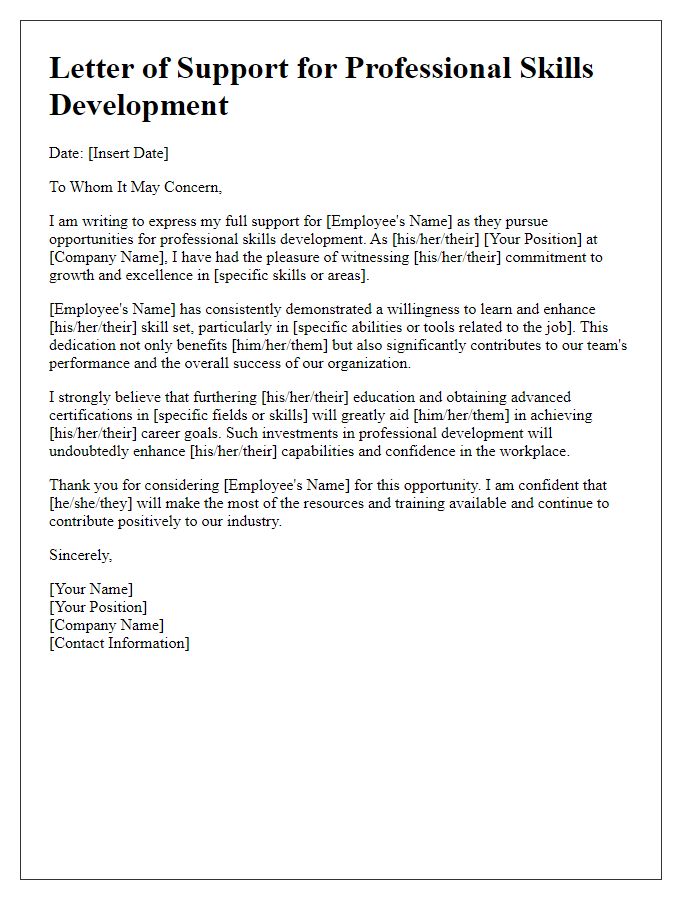
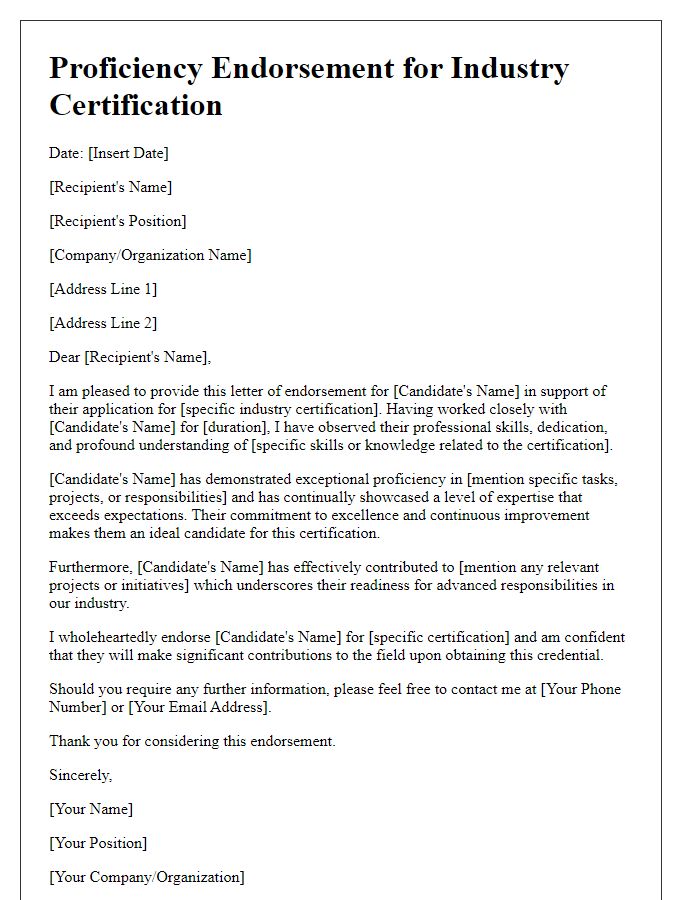


Comments